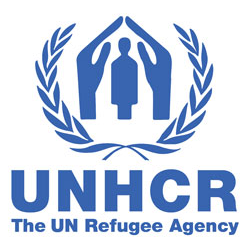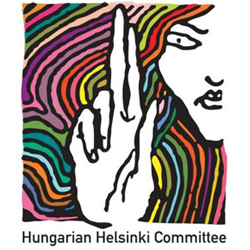Main debates
- Forced return v. voluntary return during mass repatriations
- Should refugees be involved in the decision making process of repatriation?
Main Points
- Monitoring the repatriation exercise to ensure voluntary and safe return
- The various stakeholders in the repatriation exercise
Readings
Core
- Lawyers Committee for Human Rights, African Exodus: Refugee Crisis, Human Rights and the 1969 OAU Convention, (New York: Lawyers Committee for Human Rights, 1995), pp. 111–138.
- B. S. Chimni, ‘From Resettlement to Involuntary Repatriation: towards a Critical History of Durable Solutions to Refugee Problems’, New Issues in Refugee Research, Working Paper No. 2.
Extended
- N. van Hear, ‘Consequences of the Forced Mass Repatriation of Migrant Communities: Recent Cases from West Africa and the Middle East’ Report, United Nations Research Institute for Social Development, November 1992.
- B. Harrell-Bond, ‘Repatriation: ‘Under What Conditions Is It the Most Desirable Solution for Refugees? An Agenda for Research’, African Studies Review, (1989) vol. 32, no. 1, pp. 41-69.
- R. Black and K. Khoser, The End Of The Refugee Cycle?: Refugee Repatriation and Reconstruction, (New York: Berghahn Books, 1999).



